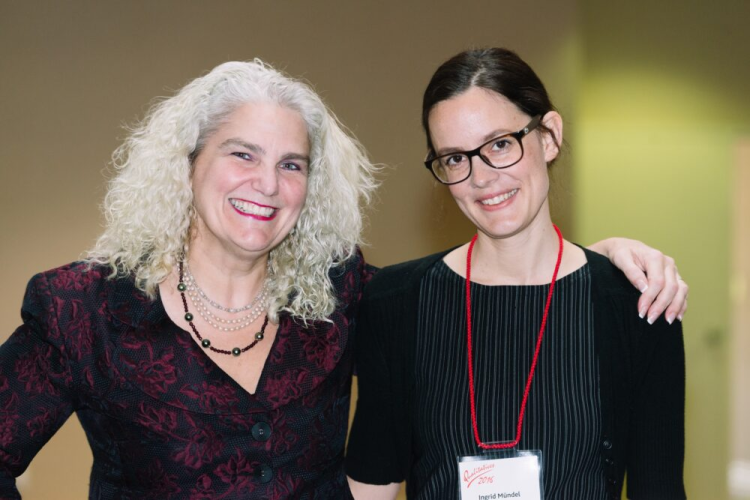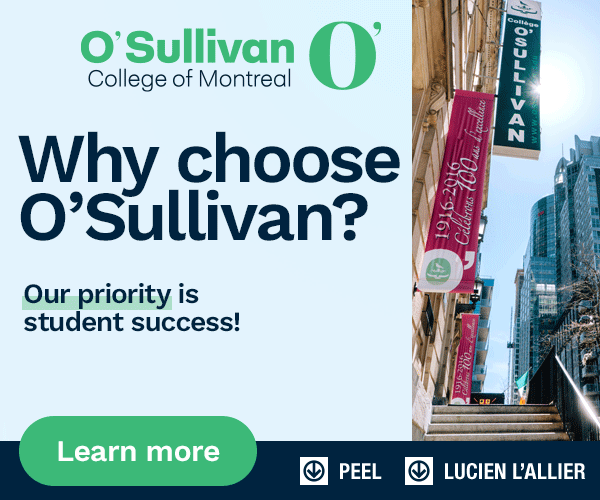A free collection of interactive learning modules is teaching the world to appreciate our differences and build a more accessible future, reimagining how we understand bodies and minds that are outside societal norms.
Bodies in Translation's (BIT) Worlding Difference Platform is an online platform and research project launched by the Re Vision Centre for Art and Social Justice, a University of Guelph research hub that investigates the power of arts and storytelling.
The platform features multimedia art and book-length courses on non-normative bodies and minds as studied in various fields, including disability, aging, neurodiversity, d/Deaf, fat and aging activist arts and culture and more.
Its ultimate goal is to encourage critical thinking about how we understand people's differences, opening conversations around systemic injustices in health care, education, business and the arts sectors for educators, academics, artists, activists, storytellers and the general public.
All courses are now available for free, with more slated for the future.
"This platform aims to create and showcase art to ultimately build a culture that accepts and celebrates difference," says project lead Dr. Carla Rice, professor and Canada Research Chair in Feminist Studies and Social Practice in the College of Social and Applied Human Sciences.
"We are imagining broad and interactive applications in social justice and activist spaces," says Dr. Ingrid Mündel, managing director of Re Vision.
U of G research hub tells new stories
In 2012, Rice founded the Re Vision Centre for Art and Social Justice.

Drs. Carla Rice (left) and Ingrid Mündel
Leading this initiative, the centre collaborated with over 200 contributors, including more than 110 activist artists, who contributed critical scholarship, illustrations, activities, online gallery exhibitions, videos and digital stories to the platform.
"We're extremely excited about the potential of Bodies in Translation's Worlding Difference Platform to not just showcase non-normative perspectives, but to actually allow people to experience alternative worlds built for difference," says Rice.
The platform looks at the many ways bodies and minds don't fit into mainstream norms, exploring the experiences of those with disabilities, mental and physical differences, bodies perceived as "too big" or "too small," aging and racialized bodies, people who don't fit traditional gender expectations and more.
"We want to intervene into 100 years of global eugenics in which mind-body difference is seen as needing containment or cure - and tell a different story," says Rice.
Supported by the Social Sciences and Humanities Research Council, the platform launches with seven courses, featuring multimedia teaching and learning activities on aging arts, fat activism, disability arts and crip culture, the legacy of eugenics, critical psychologies, re-storying autism and digital story making.
Visitors can sign up for a membership to track progress and share course materials.
To learn more and explore the courses available, visit https://worldingdifference.ca












